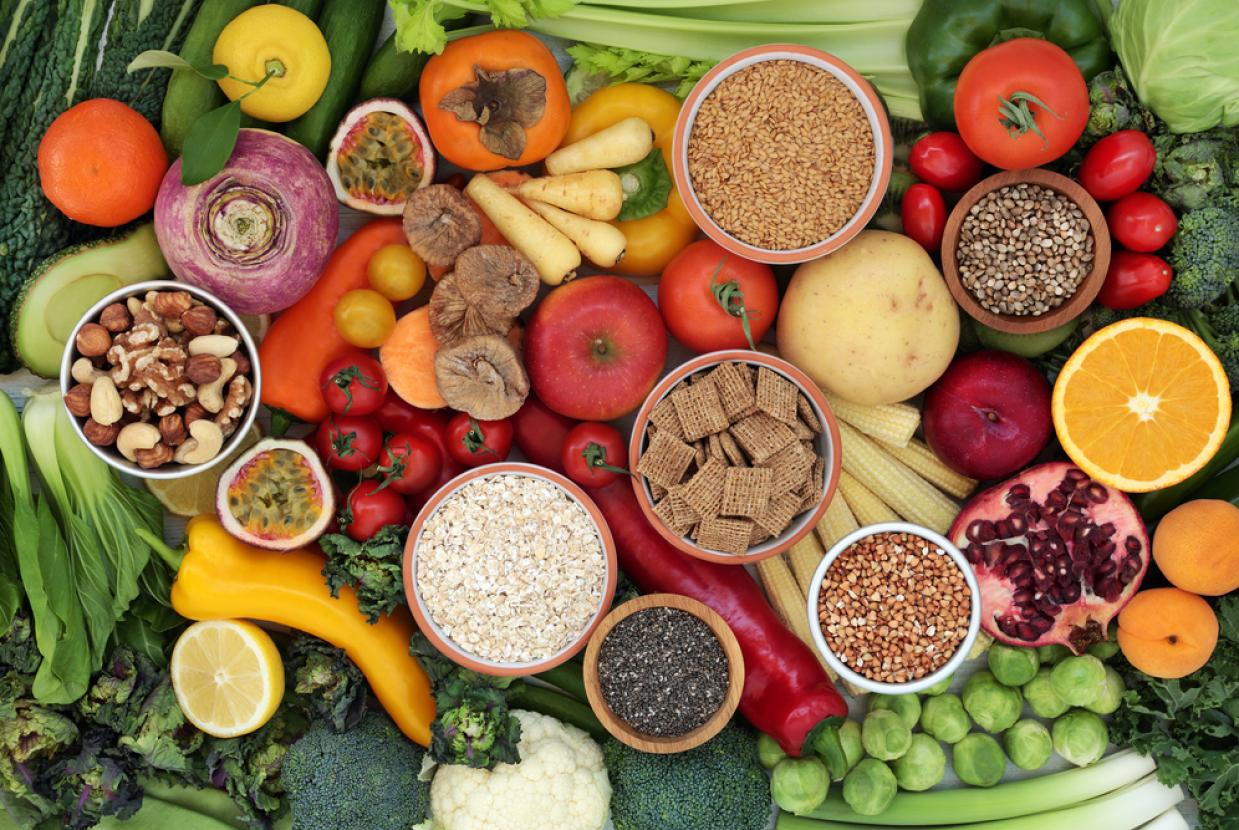Period Pain
It's common to have pain or discomfort before or during your period. There are things you can do to help ease the pain.
Symptoms of period pain
Period pain usually happens to women around the start of their period. It can affect anyone who has periods.
You may have period pain if:
- you have pain in your tummy at the start of your period, or several days before your period
- you have painful cramps in your tummy that spread to your back and thighs
- you have a sharp pain or a dull ache in your tummy
Period pain usually lasts for up to 3 days and can affect your daily activities.
How you can ease period pain
There are some things you can do to help ease period pain.
Do
- have a warm bath or shower
- use a heat pad or hot water bottle wrapped in a tea towel on your tummy
- try massaging your tummy and back
- try some gentle exercise like yoga, swimming, walking or cycling
- use painkillers like paracetamol or ibuprofen
Cutting down on alcohol and not smoking may also help ease period pain.
Causes of period pain
Period pain happens when your womb tightens during your period. It's often a normal part of the menstrual cycle. Sometimes painful periods can be caused by a condition such as:
- womb tissue growing in other places (endometriosis and adenomyosis)
- growths in and around the womb (fibroids)
- an infection of the womb, fallopian tubes and ovaries (pelvic inflammatory disease)
An intrauterine device (IUD) can also cause period pain, particularly during the first 3 to 6 months after it's put in.
Treatments for period pain
If you have severe period pain, a GP may recommend:
- anti-inflammatory medicines like naproxen, flurbiprofen or mefenamic acid
- a TENS machine – a small device that uses mild electrical impulses to reduce pain
- contraception like the pill, implant or injection – these thin the womb lining, making your period lighter and easing the pain
The GP may refer you to a specialist (gynaecologist) if your period pain does not get better. You might need tests, such as an ultrasound scan, to find out what's causing your period pain. If a condition is found, treating it will help.
For example, if you have fibroids, you may be given medicine to shrink them or have surgery to remove them. If you have pelvic inflammatory disease, you'll usually need antibiotics.











































































































